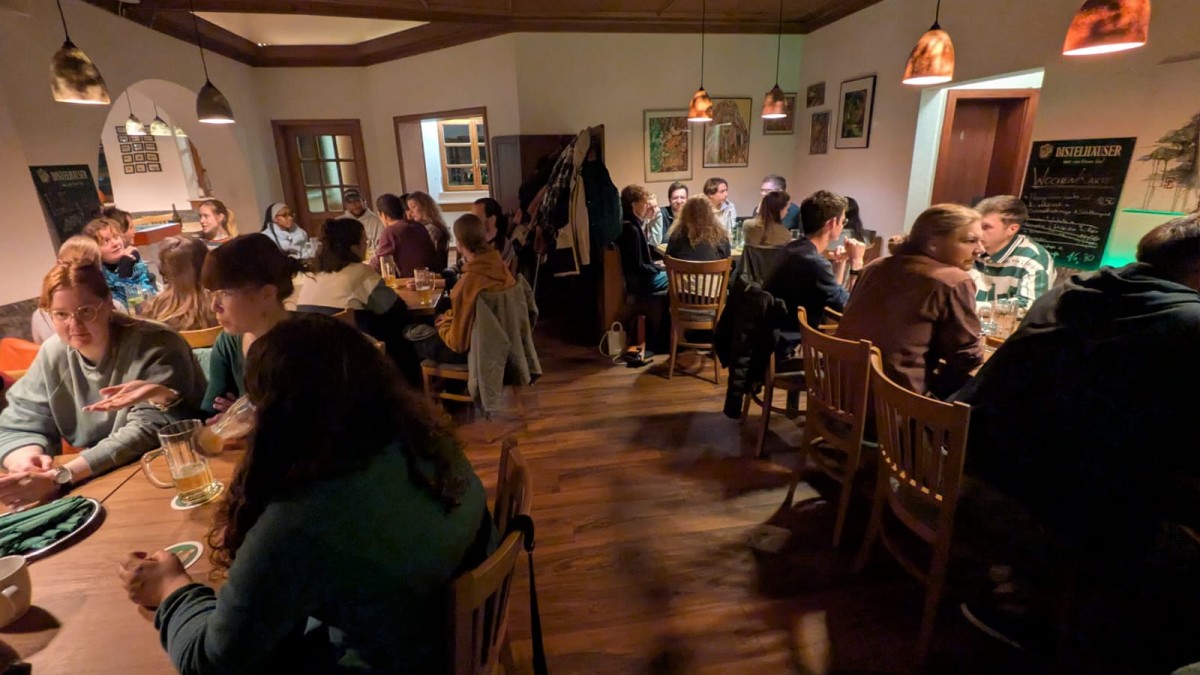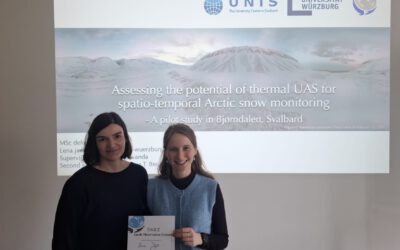As the autumn term begins and the leaves turn golden across Europe, we are pleased to welcome a fresh cohort of EAGLEs—our new MSc students in Earth Observation and Geoinformatics. This year’s group brings together curious minds from diverse academic and cultural backgrounds, united by a shared passion for understanding our planet through the lens of remote sensing.
Their journey into the field of spatial environmental research has already begun in earnest. Over the next two years, these students will explore both the theoretical and practical foundations of Earth Observation. From spatial programming in environments such as R, Python, and JavaScript, to hands-on experience with both active and passive remote sensing techniques, they are set to develop a comprehensive skill set that bridges science and technology.
An important part of their learning will involve working with a wide range of open-source Earth Observation tools. This includes established platforms like SAGA GIS, GRASS GIS, and OTB, as well as more versatile environments such as WhiteboxTools and even Blender for 3D data visualisation and modelling. Through this, they will gain a practical understanding of how to process and analyse spatial data to tackle pressing environmental questions.
To mark the beginning of this exciting academic chapter, we hosted a relaxed social gathering at a local pub. This informal event gave the new students the opportunity to meet not only their peers but also returning students, staff members, and lecturers. Over good conversation and a few drinks, connections were made, stories exchanged, and the foundations laid for a strong and supportive academic community.
We look forward to watching this new group of EAGLEs grow, learn, and contribute to the ever-evolving field of Earth Observation. Welcome to the programme!









